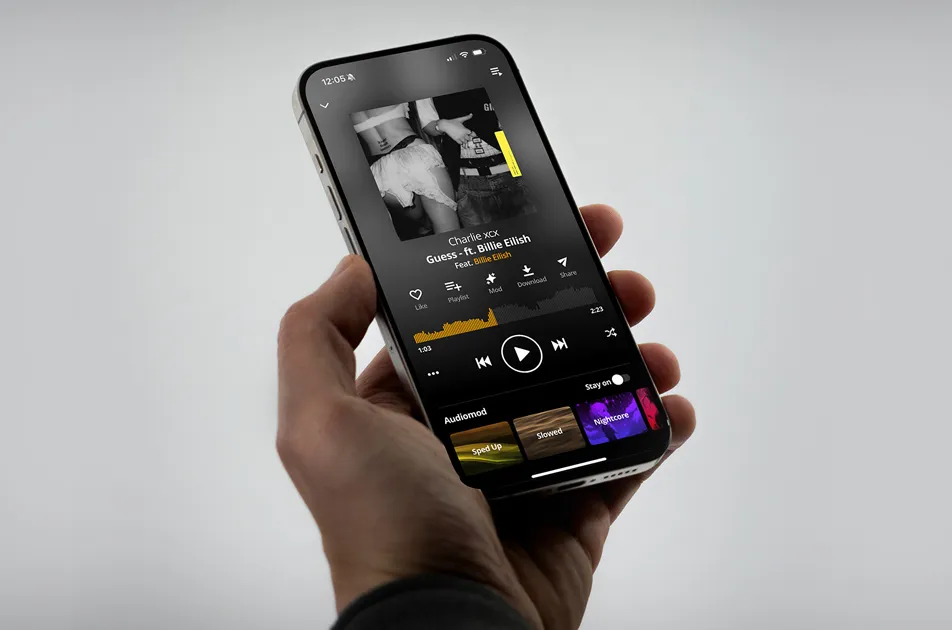Guest post by Neil Cartwright, Managing Director, Million Media.
I've spent ten years licensing new music services and yet there are still only 3 music services acheiving discernable success: iTunes, Amazon & Spotify. Why do most music services fail? The reasons require understanding of two principles:
- How the general population is divided in to fans of music
- How new trends spread
If you look at the UK population as a whole it is a surprising fact that more people are indifferent to music than are passionate about it. In fact, most people merely follow music than actively participate.
To be classed as Passionate you have to be actively involved in music, either play an instrument, write about it, work in the industry, go to gigs on a regular basis, read blogs or magazines or DJ. So, artists, managers, people who work in labels, promoters, journalists, store managers, studio owners and bloggers fall in this category. If you're reading this now the chances are you fall in to the passionate audience. The critical point to understand is you will likely be an influencer on your network of friends. Your non-music friends will look to you for guidance on everything to do with music, from who is going to be the next big thing, to where to buy music. You probably introduced to them to new artists – especially if you are a radio DJ, a journalist or music programmer for a festival or TV show. However, you probably introduced them to iTunes and Spotify too.
The second concept for music services to understand is how a trend, or brand, is spread via word-of -mouth. This principle was described expertly by Malcolm Gladwell in his seminal book, The Tipping Point. In it he describes with precision how a trend is spread by people he terms, 'Mavens', 'Connectors' and 'Salesmen'. These are people who are considered by their personal network to be experts in their field. In our case, this field is music, which as we have seen, will likely mean they are passionate music fans.
Now we have our two concepts we can ask the question, how to appeal to an audience who are passionate about music? Well, you must recognise the crucial fact that success is based on appealing to the 12% of the population classed as 'Passionate', at least initially. Therefore, what you don't do is make the mistake most services make, which is sign a deal with the four Majors and think of signing the 'Indies' as an afterthought. The Majors may have most of the content that appeals to the Casual music audience – mainstream, chart filler. But the Passionate audience has a wider taste that will consist of a far higher percentage of indie and eclectic content. Second, if you launch with an artist promotion, such as an exclusive release, then an act like Rihanna, Beyonce, Eminem, etc may grab headlines but does little to appeal to the Passionate audience.
To launch a service is much like breaking a new artist – it takes time. Record labels know that even a huge marketing spend is not the way to break an artist unless you first have the 'Tastemakers' on side. Time is spent building word of mouth through showcases, plugging, promotion and marketing to the small group of influential passionate fans. In the same way, a new music service should focus on building fans in this group. This could include promoting music from developing artists; not with the goal of selling lots of downloads but rather to appeal to the passionate audience. Promoting gigs in smaller venues or advertising on specialist blogs would help build the perception amongst fans that the service is more interested in 'music' than 'sales'. Finally, free accounts to bloggers, DJ's or music journalists would help build a connection with the vital 'Mavens'.
Unfortunately, the nature of big brands is to want to build brand awareness amongst the largest market sector who buy music (the Casuals) rather than the smallest (the passionates).




